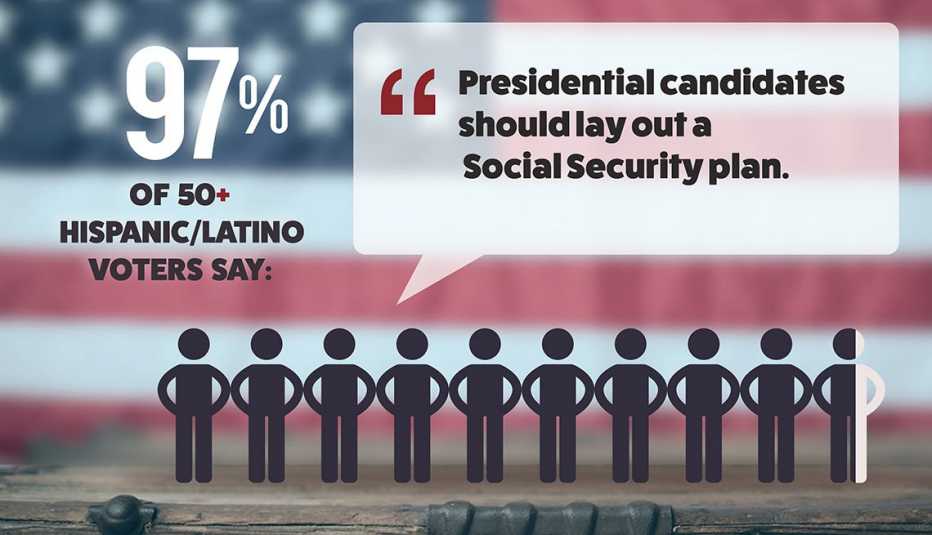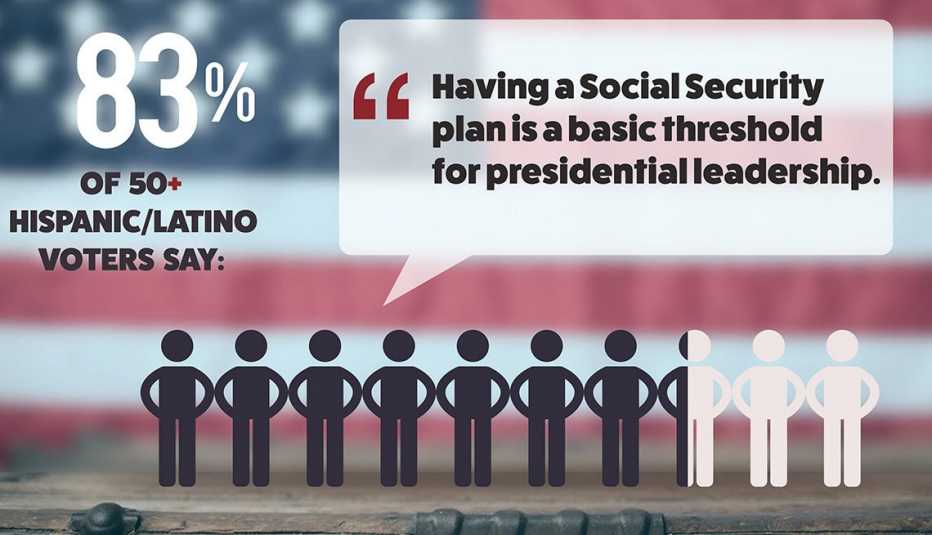Staying Fit


Rosa MacAfee can still hear the daily clink of a dime hitting the bottom of her mother's ceramic jar, one of the few possessions her parents brought from Mexico to Arizona in the early 1940s. The war effort was in high gear and toys weren't a priority. Yet no matter how stormy financial affairs were at home, her mother's daily deposit ensured that come Christmas, she and her four brothers could count on one toy and one item of clothing. "The only gift I remember was a battleship that my oldest brother got," she says. "It was made out of cardboard, and he had to build it."
That same frugality born out of necessity carries over into her life today. The 78-year-old now battles against the rising cost of living by tracking her every dime. "I'm always making sure that I have enough saved for this and that," says the former human resources administrator. "I saved all year long to make sure I had enough money to repair my '97 Honda Accord, and I shopped around a lot before purchasing a plane ticket to attend my granddaughter's graduation in Chicago."


AARP Membership— $12 for your first year when you sign up for Automatic Renewal
Get instant access to members-only products and hundreds of discounts, a free second membership, and a subscription to AARP the Magazine.
By many measures, MacAfee, who retired in 2001, made many of the right moves when managing her finances throughout a decadeslong career. She bought her own home, consistently saved and made some small investments. But, just to be on the safe side, once she retired she withdrew only $1,500 — from the $2,000 her financial planner recommended — from her monthly pension. Like many who "retire," she also took several "bridge" jobs.
- In 2015, 19.4 million women received retired worker benefits, 2.3 million received spousal benefits and 4.1 million received survivor benefits.
- About 75 percent of Hispanics depend on Social Security for part of their family income.
- Social Security keeps approximately 30 percent of Hispanics out of poverty.
Then the 2008 financial crisis hit. MacAfee witnessed foreclosures all around her, and her $2,000 monthly pension plummeted to $400. Today she admits that if she weren't receiving Social Security benefits, she would have to sell her Phoenix home and apply for government housing. "That's how bad it would be," she says. "The only thing I have now is that small pension and Social Security."
MacAfee is not alone in her economic anxiety. According to an AARP national survey, Hispanic Voters Ages 50+ and the 2016 Election: Thoughts on Social Security and Presidential Leadership, conducted in March, Hispanics are somewhat less satisfied (52 percent) than older voters overall (58 percent) on the matter of their retirement savings. Surprisingly, while Hispanics feel more positive about the economy (53 percent) than older voters overall (43 percent), this same optimism does not translate into satisfaction with their own financial circumstances — they are no more likely than older voters to be satisfied.


These financial shortfalls, according to the survey, worry retirees like MacAfee and nonretirees alike. People throughout the country are grappling with a relentless list: paying their mortgages, not having enough money, dealing with inflation and health care costs (including high prescription drug costs). One misstep — or in MacAfee's case, hurting a knee and having to quit a part-time job — can set off a potentially devastating domino effect. For millions, Social Security benefits continue to be the only safeguard from this chain reaction.



































































More on Social Security
Biggest Social Security Changes for 2023
Big COLA fuels benefit boost while Medicare premium deductions go down